Squash bugs can be a major nuisance in the garden, particularly for those growing squash, pumpkins, and other cucurbits. These pests feed on the sap of the plants, causing wilting and potentially leading to the death of the plant if not controlled. Here are some effective strategies to get rid of squash bugs and protect your garden.
Other Topics You Might Like
Helpful Products You Might Like
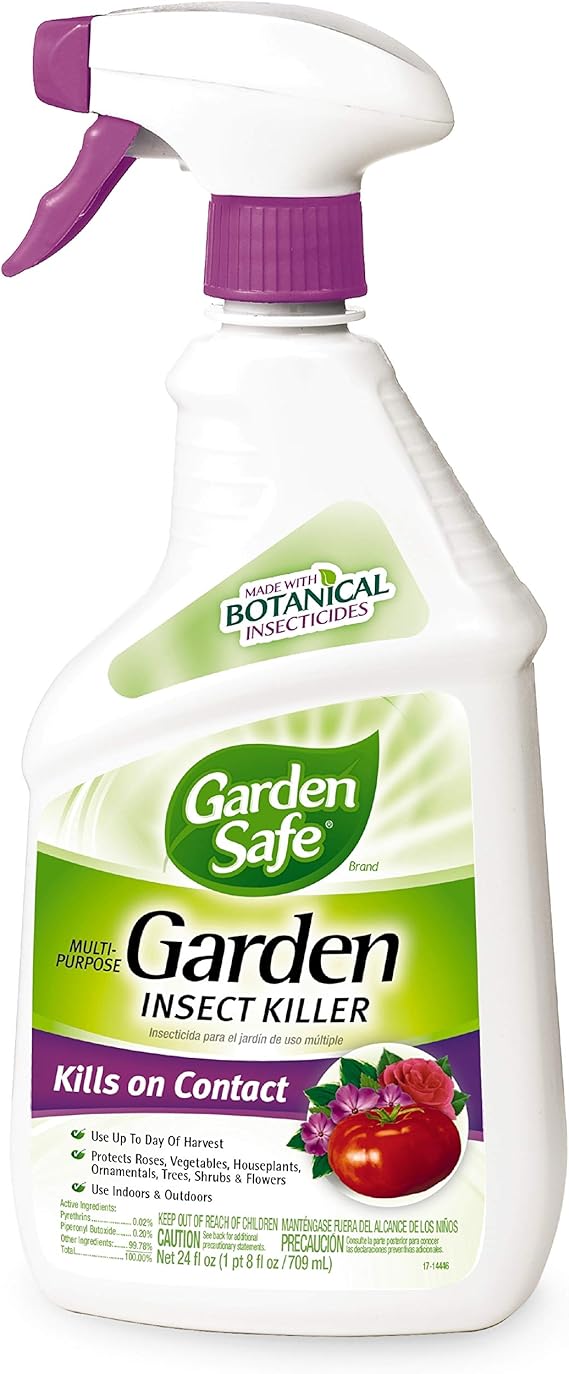
Garden Safe Multi-Purpose Garden Insect Killer

Plant Covers Freeze Protection
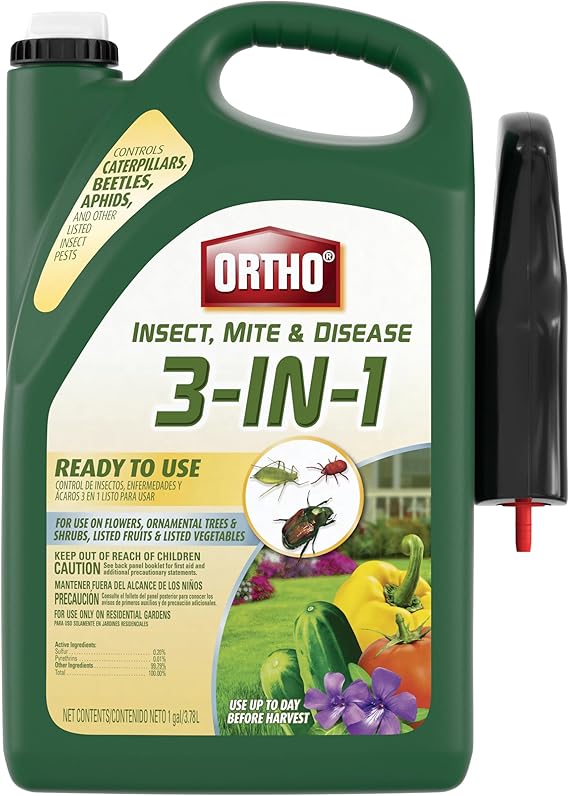
Ortho Insect Mite & Disease 3-in-1 Gal
"(Paid Links)" 
Identify the Pests
Before taking action, it's important to confirm that you're dealing with squash bugs. Adult squash bugs are about 5/8 inch long, with a brownish-gray color and flat backs. They often hide under leaves and near the base of the plants.
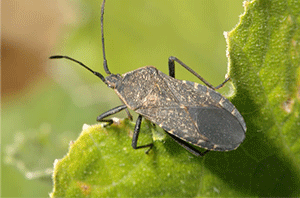
Hand-Pick the Bugs
One of the simplest methods to control squash bugs is to remove them by hand.
How to Do It
Wear gloves and pick the bugs off the plants, dropping them into a bucket of soapy water to kill them. Check the undersides of leaves for clusters of bronze-colored eggs and squash them.
Use Diatomaceous Earth
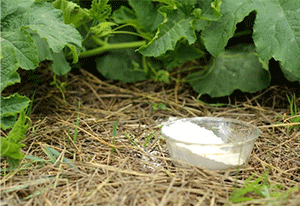
Diatomaceous earth is a natural powder made from fossilized remains of tiny aquatic organisms. It can be effective against squash bugs by dehydrating them.
How to Use
Sprinkle a light layer of diatomaceous earth around the base of your plants and on the leaves, especially the undersides where the bugs and eggs are found. Reapply after rain or watering.
Implement Row Covers
Row covers can help prevent squash bugs from reaching your plants in the first place.
How to Use
Place floating row covers over your plants, securing the edges to the ground to prevent bugs from getting underneath. Remove the covers when plants start to flower to allow for pollination.
Use Neem Oil
Neem oil is a natural pesticide that can disrupt the life cycle of squash bugs.
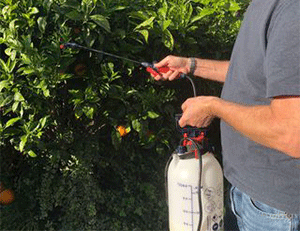
How to Use
Mix neem oil with water according to the instructions on the label and spray it on your plants, focusing on the undersides of the leaves. Apply every 7 to 10 days until the infestation is under control.
Encourage Natural Predators
Natural predators, such as birds, spiders, and beneficial insects, can help keep squash bug populations in check.
How to Use
Plant flowers and herbs that attract beneficial insects, such as marigolds, nasturtiums, and dill. Avoid using broad-spectrum pesticides that can harm these helpful predators.
Practice Crop Rotation
Crop rotation can help reduce the likelihood of squash bug infestations by disrupting their life cycle.
How to Do It
Avoid planting squash or other cucurbits in the same location year after year. Rotate them with non-host crops to reduce the buildup of pests in the soil.
Clean Up Garden Debris
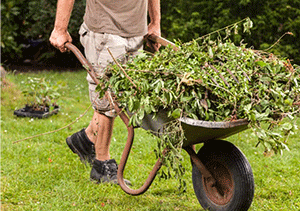
Squash bugs often overwinter in garden debris, so keeping your garden clean can help prevent future infestations.
How to Do It
Remove and destroy plant debris at the end of the growing season. Till the soil to expose any overwintering bugs to predators and the elements.
Use Companion Planting
Certain plants can help repel squash bugs when planted alongside your squash and other cucurbits.
How to Use
Plant repellent herbs like tansy, mint, and radishes near your squash plants. These can help deter squash bugs and reduce their impact.
Apply Insecticidal Soap
Insecticidal soap can be an effective and safe treatment for controlling squash bugs.
How to Use
Spray insecticidal soap directly onto the squash bugs and their eggs. Make sure to cover the undersides of leaves where the bugs often hide. Repeat as needed.
Conclusion
Squash bugs can be a persistent problem in the garden, but with these strategies, you can effectively manage and reduce their impact. By combining physical removal, natural treatments, and preventive measures, you can protect your plants and enjoy a healthy, productive garden. Remember, early detection and intervention are key to keeping squash bugs under control.
